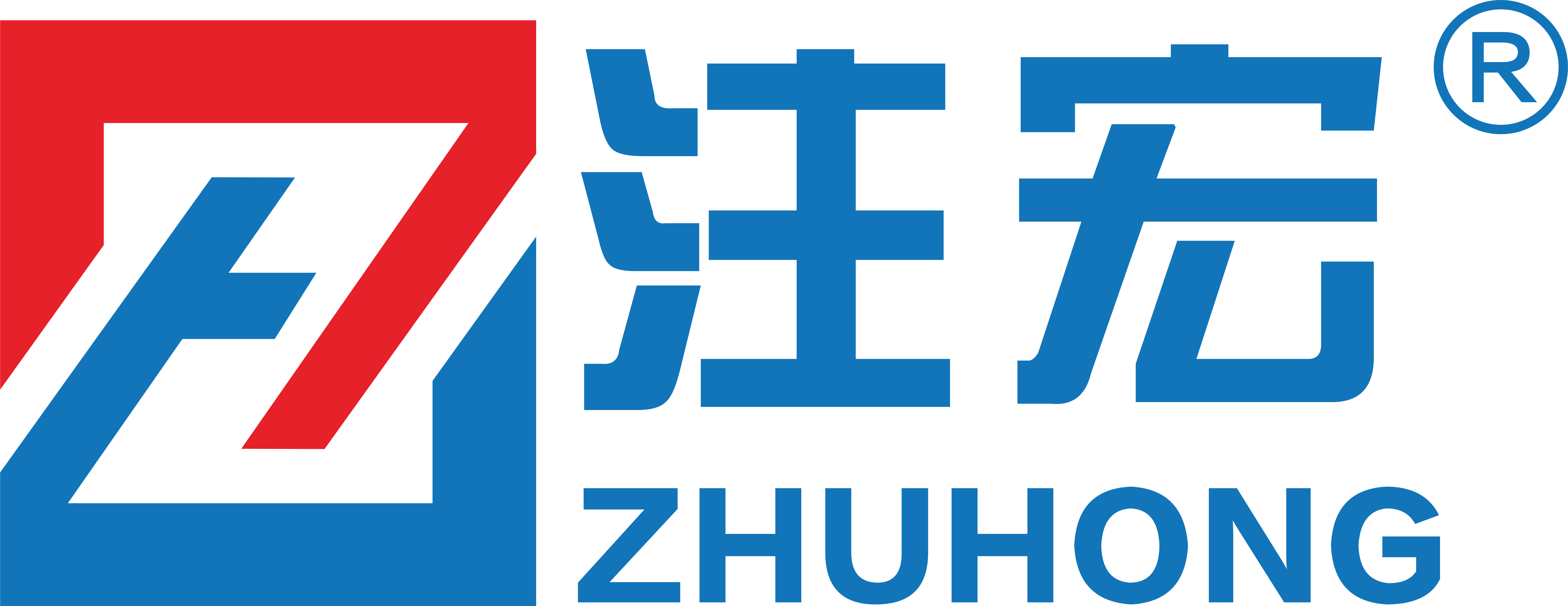
5 Best AC Motor Options for Enhanced Efficiency and Performance in 2023
As industries increasingly prioritize energy efficiency and performance, selecting the right AC motor becomes crucial for optimizing operations. According to the U.S. Department of Energy, electric motors account for nearly 70% of the total electricity consumption in industrial applications, underlining the significance of advancements in motor technology. The latest reports indicate that the global AC motor market is projected to reach $125 billion by 2027, driven by innovations aimed at improving operational efficiency and reducing downtime. By understanding the distinct types and technologies available, businesses can enhance their systems' productivity while adhering to sustainability goals. This guide presents the five best AC motor options for 2023, focusing on their unique features, efficiency ratings, and real-world applications to empower decision-makers in their pursuit of enhanced efficiency and performance.

Top Features to Look for in High-Efficiency AC Motors
The evolution of electric motor technology has significantly influenced the market for high-efficiency AC motors. Continuous research and development efforts are largely focused on enhancing motor efficiency through advancements in design, materials, and manufacturing processes. As energy losses are minimized, the overall efficiency of these motors sees substantial improvement. In 2023, key features to look for in high-efficiency AC motors include improved thermal management capabilities and innovative control systems that optimize performance under varying load conditions.
In recent years, the shift towards electric vehicles (EVs) has created immense opportunities in the electric drive system market, projected to exceed a trillion yuan by 2032. As most automakers adopt high-performance permanent magnet motors, it is essential to understand the implications of rare earth dependency, particularly in the context of neodymium magnets. Companies are actively seeking alternatives to mitigate risks associated with supply chain constraints, which have been particularly challenging due to the dominance of Chinese rare earth materials.
**Tips:** When selecting an AC motor, consider those equipped with advanced smart motor controllers. These controllers enhance the performance and efficiency of the motor while allowing for real-time diagnostics. Additionally, prioritize motors that incorporate high-quality materials to ensure durability and long-term reliability in diverse operating conditions.
5 Best AC Motor Options for Enhanced Efficiency and Performance in 2023
This bar chart illustrates the efficiency ratings of the top 5 AC motor options for 2023, showcasing their potential performance in various applications.
Comparative Analysis of AC Motor Types for Optimal Performance
When selecting the best AC motor options for enhanced efficiency and performance in 2023, it is crucial to conduct a comparative analysis of various AC motor types. Induction motors, synchronous motors, and permanent magnet motors represent the primary categories, each with distinct advantages and drawbacks. Induction motors, known for their robustness and lower cost, are widely used in industrial applications. However, they often lack the efficiency of synchronous motors, which excel in applications requiring precise speed control and higher efficiency.

In contrast, permanent magnet motors stand out with their superior efficiency and compact design. They utilize magnetic materials to achieve reduced energy consumption, making them ideal for applications that require high performance in a limited space. While initial costs may be higher, the long-term savings in energy and maintenance can offset this investment. By evaluating these motor types in terms of efficiency, performance, and application suitability, businesses can make informed decisions that align with their operational goals and contribute to sustainability efforts in 2023.
Innovative Technologies Driving AC Motor Efficiency in 2023
Innovative technologies are playing a crucial role in enhancing the efficiency and performance of AC motors in 2023. The global energy-efficient motor market is anticipated to expand significantly, from $54.60 billion in 2025 to $80.86 billion by 2032, reflecting a compound annual growth rate (CAGR) of 5.77%. This growth is driven by advances in control systems, which optimize motor performance and reduce energy consumption, ultimately supporting the transition to more sustainable technologies.
Recent innovations are also making waves in electric vehicle (EV) technology, contributing further to the demand for efficient AC motors. The electric motor market is projected to grow from $141.0 billion in 2023 to $272.2 billion by 2033, with a CAGR of 6.8% during 2024-2033. This transformation aligns with the industry's shift towards enhanced efficiency and sustainability, leveraging cutting-edge designs and materials to maximize operational capabilities. With continuous advancements, such as improved induction motor designs and smart control units, the electric motor sector is poised for a robust evolution that prioritizes both performance and energy efficiency.
5 Best AC Motor Options for Enhanced Efficiency and Performance in 2023
| Motor Type | Efficiency Rating | Power Output (kW) | Voltage (V) | Applications |
|---|---|---|---|---|
| Induction Motor | IE3 | 7.5 | 400 | Pumps, Fans |
| Synchronous Motor | IE4 | 10 | 690 | Industrial Drives |
| Permanent Magnet Motor | IE5 | 15 | 400 | Electric Vehicles |
| Brushless DC Motor | IE4 | 5 | 48 | Robotics, Drones |
| Switched Reluctance Motor | IE3 | 8 | 230 | HVAC Systems |
Cost-Benefit Evaluation of Upgrading to Advanced AC Motors
Upgrading to advanced AC motors can significantly impact operational efficiency and performance. In today’s competitive landscape, businesses must consider not only the initial investment but also the long-term savings that these improved motors offer.
 Modern AC motors are designed with advanced materials and technology that reduce energy consumption while maximizing output. This transition often leads to lower electricity bills, which can offset the high upfront costs over time.
Modern AC motors are designed with advanced materials and technology that reduce energy consumption while maximizing output. This transition often leads to lower electricity bills, which can offset the high upfront costs over time.
Moreover, the benefits of advanced AC motors extend beyond energy efficiency. These motors typically require less maintenance due to enhanced durability and reliability, minimizing downtime and repair costs. Companies may also experience increased productivity owing to improved performance characteristics, such as better speed regulation and torque management. Overall, a cost-benefit evaluation should focus on both immediate financial implications and the potential for sustained operational advantages in the long run. Investing in advanced AC motors can be a strategic move that pays dividends, making it a wise choice for businesses aiming for growth and efficiency in the coming years.
Real-World Applications and Case Studies of Efficient AC Motors
In recent years, the emphasis on energy efficiency and performance in AC motors has led to significant advancements across various industries. Notably, the maritime sector has been exploring hybrid power and propulsion systems for smart ships, resulting in more versatile and efficient operational frameworks. These developments showcase the integration of efficient AC motors in real-world applications, highlighting their role in reducing fuel consumption and emissions. For instance, recent trials conducted on hybrid trucks underline the tangible benefits of utilizing advanced AC motor technologies in transportation, promoting sustainability while improving overall performance.
Additionally, the manufacturing industry has seen a shift towards energy-efficient technologies. A comprehensive review of cement production techniques identified multiple opportunities for energy savings and emission reductions, facilitated by the implementation of high-efficiency AC motors. This aligns with the broader trend of organizations harnessing innovative technologies to optimize operations, demonstrating how AC motors are not just components but critical enablers of enhanced productivity and eco-friendly practices across diverse sectors. The combination of real-world trials and rigorous studies continues to illuminate the path toward a more sustainable future powered by efficient AC motor solutions.
Related Posts
-
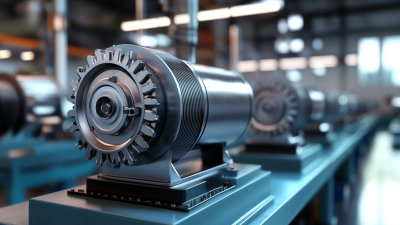
A Comprehensive Guide to Understanding AC Motors for Global Buyers
-
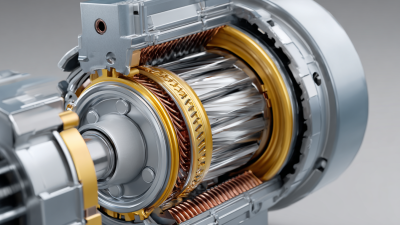
10 Reasons Why the Best AC Motors Outperform Competitors in Efficiency and Longevity
-
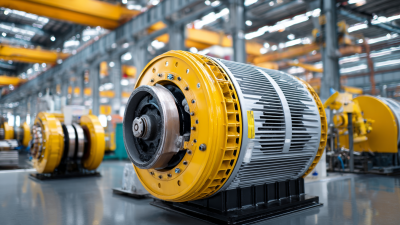
The Ultimate Guide to Choosing the Right AC Motor for Your Manufacturing Needs
-
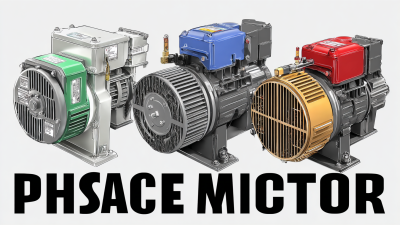
How to Choose the Best Three Phase Ac Motor for Your Industrial Needs
-
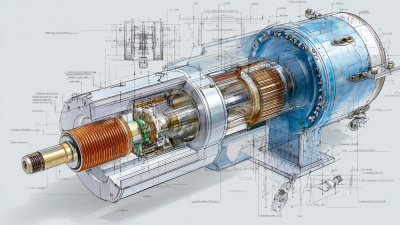
Unveiling the Specifications of the Best AC Electric Motor: A Comprehensive Technical Review
-
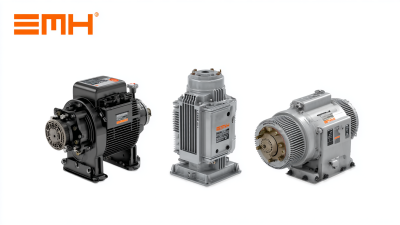
Ultimate Guide to Selecting the Best Three Phase AC Motor for Your Industrial Needs
-

Phone
Phone

0086-13586199782
-

E-mail
-

Whatsapp
-

Wechat
Wechat

-

Top
